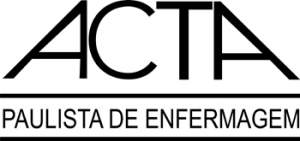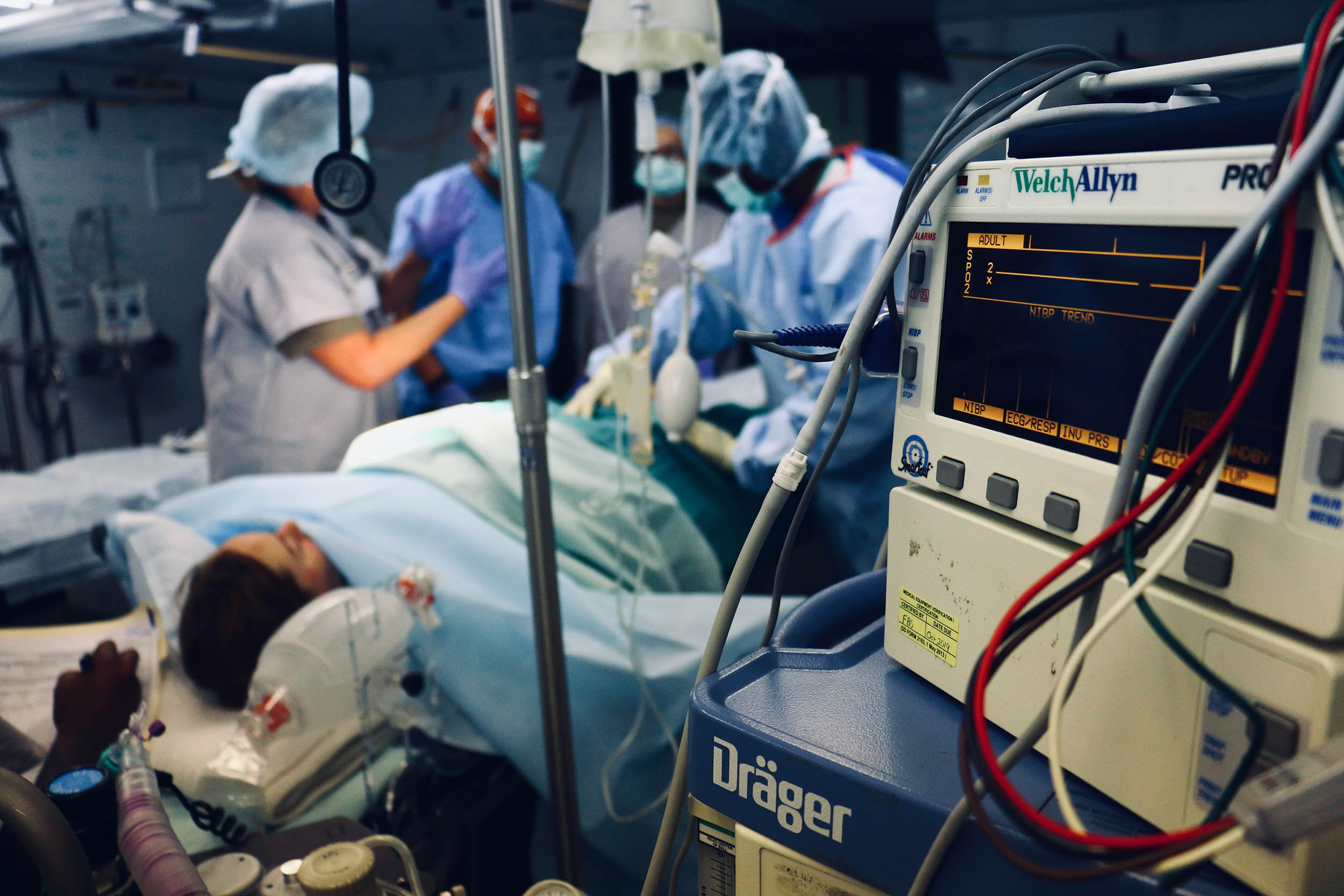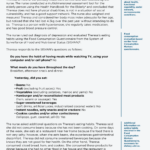Fabiola de Campos Braga Mattozinho, Member of the Research Group in History, Bioethics and Legislation at EEUSP/SP, Universidade de São Paulo. São Paulo/SP – Brazil.
Genival Fernandes de Freitas, Leader of the Research Group in History, Bioethics and Legislation at EEUSP/SP, Universidade de São Paulo. São Paulo/SP – Brazil.
 In view of the scarcity of studies on occurrences involving types of crime, members of the History and Legislation Group of the School of Nursing at the Universidade de São Paulo conducted studies aimed at the analysis of ethical processes judged by the Regional Nursing Council of São Paulo (Portuguese acronym: Coren-SP) with the purpose of knowing the possible factors influencing the ethical conduct in professional practice.
In view of the scarcity of studies on occurrences involving types of crime, members of the History and Legislation Group of the School of Nursing at the Universidade de São Paulo conducted studies aimed at the analysis of ethical processes judged by the Regional Nursing Council of São Paulo (Portuguese acronym: Coren-SP) with the purpose of knowing the possible factors influencing the ethical conduct in professional practice.
In addition to types of crime, the article titled “Analysis of ethical processes: criminal acts in nursing practice”, published in the Acta Paulista de Enfermagem journal, highlights excerpts from manifestations of professionals involved in occurrences typified as ethical and criminal offenses, as well as the thematic categories that emerged from professional testimonies, aiming to know the existence of objective and subjective factors that may have influenced the professional conduct.
In the quantitative-qualitative study, the most evident types of crime in the cases judged in 2012 and 2013 are presented, as well as the analysis by thematic category, namely: repentance for the past, perception of the illegal act, factors related to working conditions, psychological and/or social factors, financial factors, non-admission of liability and duality between perception and fact.

Image: Unplash.
Recently, the media reported cases of professionals who did not administer the vaccine against the COVID-19 virus. Did this really happen? If so, why? Could the professional have been influenced by other people or committed the fault based on their values, beliefs or poor professional training?
The study is important and always recent, as based on knowledge, it is possible to implement strategies aimed at minimizing the occurrence of adverse events related to professional practice.
There is no doubt that nursing professionals play a fundamental role in health care, but we cannot disregard that they are human beings and therefore, subject to failures and errors, with needs, concerns, difficulties, dilemmas and conflicts.
The result of the study brings new challenges, as the problems affecting the category, such as poor conditions and work overload, low pay, lack of recognition by the population and psychological disorders can directly reflect on the care provided. Therefore, discussions on institutional, political and social responsibility, in addition to professional liability, are essential.
To read the article, acess
MATTOZINHO, F. C. B. and FREITAS, G. F. Análise de processos éticos: tipos penais no exercício da enfermagem. Acta Paulista de Enfermagem [online]. 2021, vol.34 [viewed 25 August 2021]. https://doi.org/10.37689/acta-ape/2021AO00243. Available from: http://ref.scielo.org/g9czw9
External links
Acta Paulista de Enfermagem – APE: https://www.scielo.br/ape
Como citar este post [ISO 690/2010]:

















Recent Comments